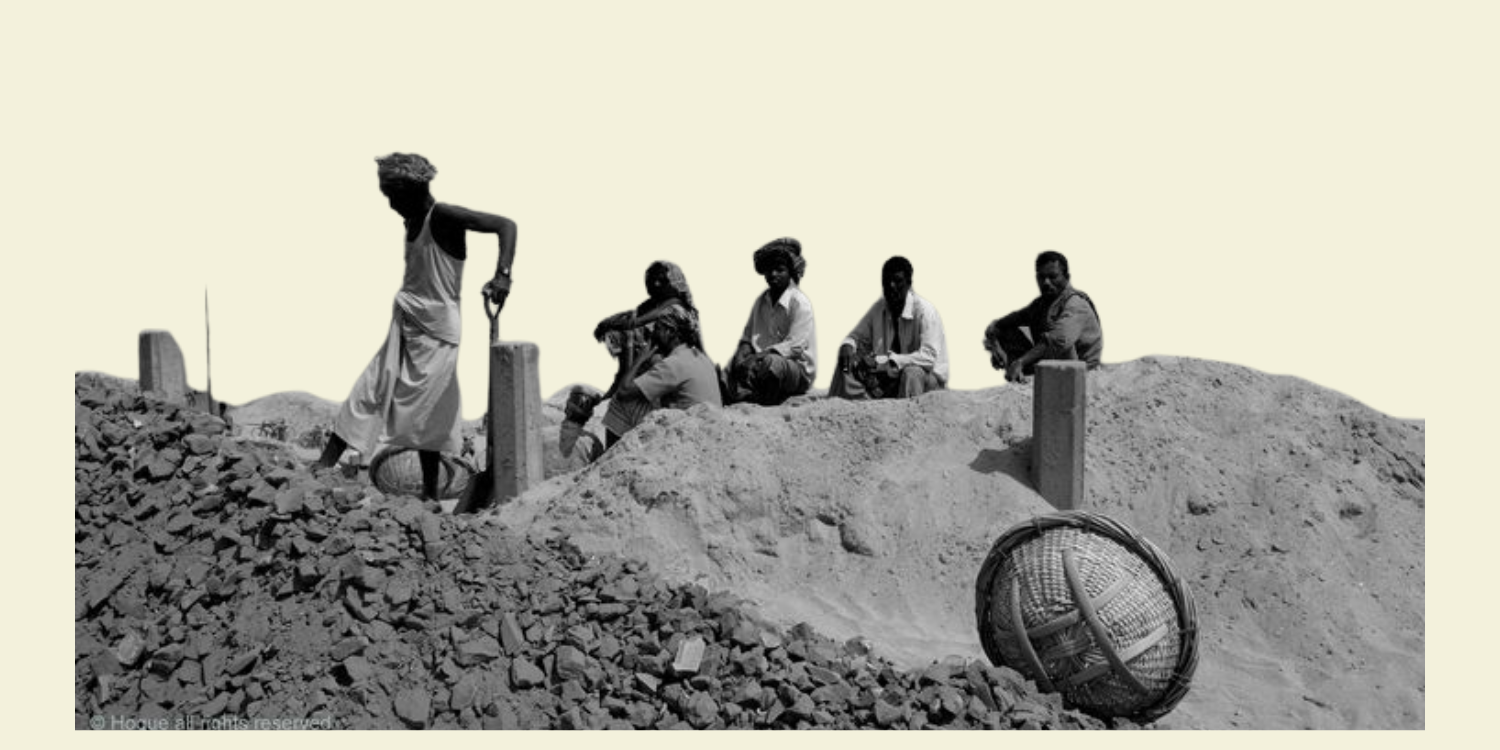Authored by: Barkha Tripathi, Co-Founder, The Zero Period
Edited by: Riya Singh Rathore and Avishi Gupta
ABSTRACT
India is the second-most populous country globally, with the largest youth population between ages 10 to 24. Despite a young and culturally diverse demography, India has consistently deprioritised knowledge, awareness, and acceptance of comprehensive sexuality education [CSE] for its youth. Many children reach adulthood with negative, conflicting, and harmful messages about sexuality, which are often exacerbated by embarrassment and silence from adults around them. Especially in a traditionally inclined country like India, societal conservatism discourages open and informed discussions about human sexuality and sexual health. This leaves the natural curiosity of adolescents in the hands of equally unaware peers and/or the internet. Despite this dangerous precedent, the new National Education Policy of India issued in 2020 does not mention CSE and its ever-present need for India’s youth.
This discussion paper attempts to clarify the concepts covered within a CSE curriculum. It also sheds some light on India’s statistics regarding many social and sexual-health related challenges prevalent in the country today. It further charts the troubled journey of CSE implementation in India since its independence and the current status of CSE. It concludes by highlighting some key policy recommendations for an effective and holistic CSE implementation in India.
Keywords: Comprehensive sexuality education, sex education, sexual and reproductive health, gender, classroom, teacher sensitisation.
About the Author
Barkha is the co-founder of The Zero Period, a non-profit organisation working to enable comprehensive sexuality education in Indian schools. Prior to The Zero Period, she had worked for both corporate and social sectors after her graduation in 2018 with a degree in Economics from Kirori Mal College, Delhi University.




